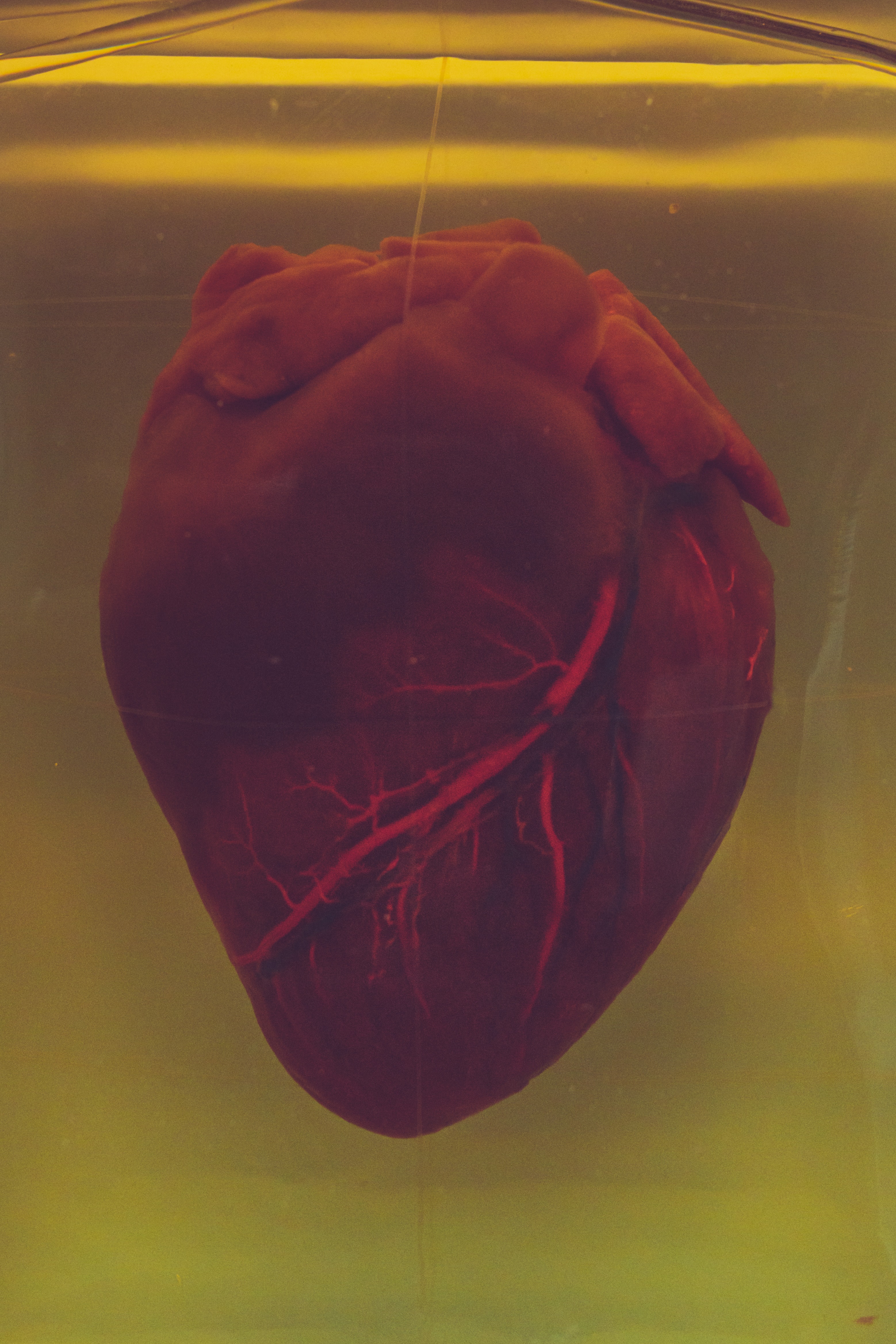Heart & Cardiovascular
Cardiovascular Diseases: What Are Their Symptoms, Causes, And Treatment?
By S.I. (staff writer) , published on October 11, 2022

Medicine Telehealth Health heart clotting
What are Cardiovascular Diseases?
Cardiovascular disease (CVD) is any ailment affecting the heart or blood vessels. It is commonly associated with the formation of fatty deposits within the arteries (atherosclerosis) [1] and an increased risk of blood clotting. It has also been linked to artery damage in organs like the brain, kidneys, and eyes.
What are the Symptoms of Cardiovascular Diseases?
Symptoms of CVD vary depending on the ailment and can include:
- Pain in the chest
- Breathlessness
- Fatigue
- Irregular heartbeat or palpitations
- Pain, weakness, or numbness around the legs and/or arms
- Dizziness, lightheadedness, or fainting
- Swollen limbs due to edema.
What are the Causes of Cardiovascular Diseases?
The causes of cardiovascular disease differ according to the kind of cardiovascular illness. For example, coronary artery disease and peripheral artery disease are caused by atherosclerosis (plaque buildup in the arteries). Arrhythmias can be caused by coronary artery disease, scarring of the heart muscle, genetic issues, or drugs [2]. Valve disease can be caused by aging, infections, or rheumatic disease.
Certain risk factors can contribute to CVD. A risk factor is something that enhances the likelihood of developing a condition. The more you have, the more likely you are to have CVD. Even if you cannot modify all your risk factors, you can make efforts to lower your risk.
There are several risk factors for CVD, including:
- Age - the older you are, the more likely you are to get CVD.
- Sex - men are more likely to get CVD earlier than women
- Alcohol [3]
- Smoking
- Stress
- Obesity
- Hypertension
- Hypercholesterolemia
- Physical inactivity
- Diabetes
- Family history of heart disease
- Ethnic background [4]
What is the Treatment of Cardiovascular Diseases?
Treatment plans differ depending on the symptoms and kind of cardiovascular disease. Treatment for cardiovascular disease may include:
Lifestyle changes: Making dietary adjustments, increasing physical activity, and stopping smoking are among the examples [5].
Medications: Your doctor may recommend drugs to help you manage your cardiovascular disease. The type of medication you take will be determined by the type of cardiovascular illness you have.
Procedures or Surgeries: If drugs are insufficient to manage your cardiovascular disease, your healthcare practitioner may resort to certain procedures or surgeries to treat it. Stents in the heart or leg arteries are examples, as are minimally invasive cardiac surgery, open-heart surgery, ablations, and cardioversion.
Cardiac rehabilitation: A regulated exercise regimen may be required to help your heart become stronger.
Active surveillance: Without drugs or procedures/surgeries, you may require careful monitoring over time.
References:
- https://bmcmedicine.biomedcentral.com/articles/10.1186/1741-7015-11-117
- https://www.bmj.com/content/352/bmj.h7013.abstract
- https://academic.oup.com/jn/article-abstract/131/5/1401/4686863
- https://www.sciencedirect.com/science/article/abs/pii/S1567568806000043
- https://heart.bmj.com/content/99/3/159.short
Find articles related to: Medicine Telehealth Health heart clotting
More articles about Heart & Cardiovascular
Back to the Health Tips Index




